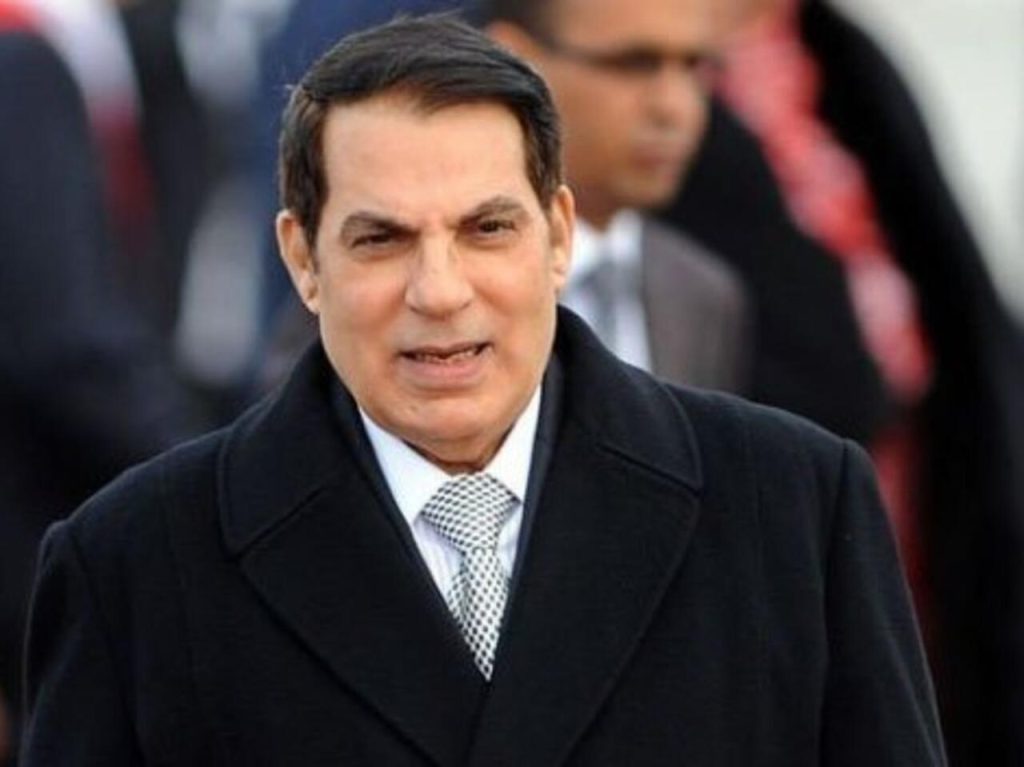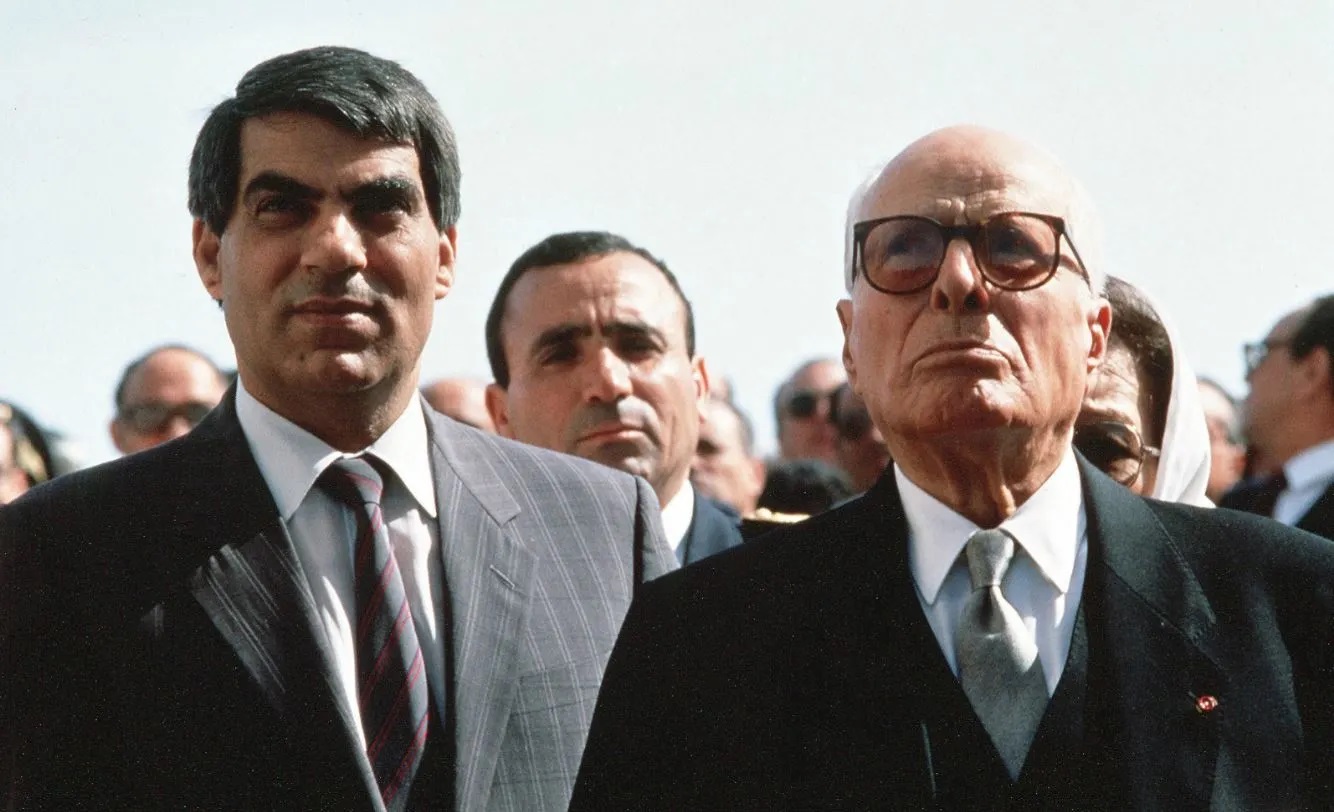Watan–The Israeli newspaper “Jerusalem Post” claimed that Tunisia sought assistance from Israel to gain independence from France in 1956, and came close to signing a “peace agreement” with Israel during the presidency of former President Zine El Abidine Ben Ali in the 1990s. However, the outbreak of the Second Palestinian Intifada in 2000 prevented this from happening.
In an article published on Thursday, the newspaper stated that communications between Tunisia and Israel began in 1956 “when Tunisians turned to Israeli officials at the United Nations seeking support for their efforts to gain independence.” It noted that the late Tunisian leader Habib Bourguiba adopted a “pragmatic approach” towards Israel, proposing in a speech he delivered in 1965 in Jericho, Palestine, that the Arab world should recognize Israel in exchange for concessions regarding Palestine.
In the mentioned speech, Bourguiba called for acceptance of the “imperfect solution” proposed by the United Nations in Resolution 181, passed in 1947, which involved the partitioning of Palestine into two states, Arab and Jewish. He indicated that this solution could be accepted with negotiations to follow for the remaining territories.
On the other hand, the newspaper discussed how Ben Ali, after his coup against Bourguiba, adopted a double-edged approach. The first, public one, emphasized support for the Palestinian cause to appease the people, who were known for their strong solidarity with Palestinians against the occupying state.

The second, secret discourse was reflected in Ben Ali’s desire to establish some form of relationship with the Israelis to secure continuous economic aid from the West and enhance Tunisia’s international standing.
The newspaper pointed out that, after the signing of the Oslo Accords between the Palestine Liberation Organization and Israel, Ben Ali’s regime began high-level talks with Israel to establish diplomatic relations.
It quoted Israel’s Deputy Foreign Minister at the time, Yossi Beilin, who said, “I went to Tunisia to meet with Arafat in October 1993, after the Oslo Accords signing ceremony, and met with some Tunisian officials. I also met several times with the then Tunisian Foreign Minister Habib Ben Yahia.”
He added to the newspaper, “It was unbelievable. They were proud to talk about the Jewish community. I was taken to Jewish sites, and they were very happy to speak, meet, and exchange ideas. The focus of discussions between the two countries wasn’t on security or Palestinians specifically, but on other areas like trade, tourism, and investments.”
The Israeli newspaper also mentioned that the talks with the Tunisians “made sufficient progress by October 1993, allowing the establishment of telephone lines between the two countries, and Israeli tourists began to visit Tunisia in larger numbers.” One of the reasons for Israeli tourists to visit Tunisia was the anniversary of Rabbi Shimon Bar Yochai’s death, with hundreds of Israelis and thousands of French Jews planned to travel to Djerba to celebrate.
The talks between Israel and Tunisia sometimes took place in Tunisia itself, but most of them occurred in neutral Brussels. The idea was for Tunisia and Tel Aviv to open interest offices under the Belgian embassy in the two respective cities.
Beilin said, “Initially, we suggested the embassy be separate, but we didn’t discuss it. We saw it as important for the Tunisians to be under a Belgian umbrella. Interest offices were officially opened in Tunisia and Tel Aviv in 1996, marking the peak of Tunisian-Israeli relations.”
The newspaper pointed out that “the Tunisian people overwhelmingly opposed normalization with Israel, driven by solidarity with the Palestinians and historical grievances.” Islamist movements like Ennahda exploited this sentiment, describing any dealings with Israel as a betrayal of national and Islamic values. The internal opposition restricted Ben Ali’s ability to pursue public diplomatic relations.
It added: “Unfortunately, the promise of normalization was not fulfilled in the 1990s. The outbreak of the second Intifada in 2000 changed the scene, and all the hard efforts of Israeli Foreign Ministry officials to maintain relations with Arab countries vanished.”
The newspaper continued: “By 2002, the interest offices in Tunisia and Tel Aviv were closed, and any hopes of establishing formal diplomatic relations faded. During this period, Ben Ali returned to his previous public persona of supporting the Palestinians and discrediting Israel.”
